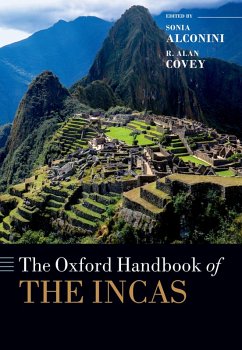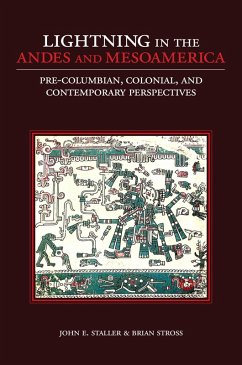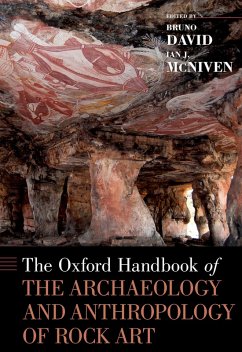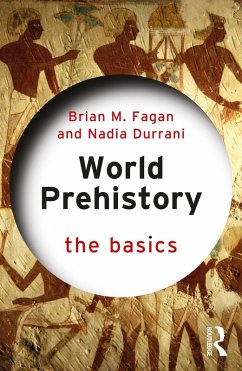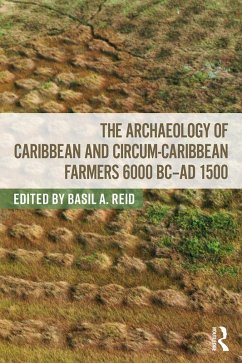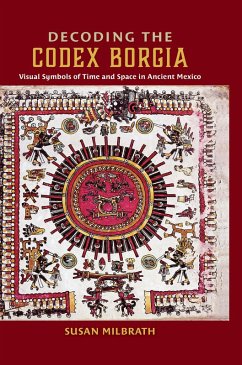
The Oxford Handbook of the Incas (eBook, PDF)
Versandkostenfrei!
Sofort per Download lieferbar
19,95 €
inkl. MwSt.
Weitere Ausgaben:

PAYBACK Punkte
10 °P sammeln!
When Spaniards invaded their realm in 1532, the Incas ruled the largest empire of the pre-Columbian Americas. Just over a century earlier, military campaigns began to extend power across a broad swath of the Andean region, bringing local societies into new relationships with colonists and officials who represented the Inca state. With Cuzco as its capital, the Inca empire encompassed a multitude of peoples of diverse geographic origins and cultural traditions dwelling in the outlying provinces and frontier regions. Bringing together an international group of well-established scholars and emerg...
When Spaniards invaded their realm in 1532, the Incas ruled the largest empire of the pre-Columbian Americas. Just over a century earlier, military campaigns began to extend power across a broad swath of the Andean region, bringing local societies into new relationships with colonists and officials who represented the Inca state. With Cuzco as its capital, the Inca empire encompassed a multitude of peoples of diverse geographic origins and cultural traditions dwelling in the outlying provinces and frontier regions. Bringing together an international group of well-established scholars and emerging researchers, this handbook is dedicated to revealing the origins of this empire, as well as its evolution and aftermath. Chapters break new ground using innovative multidisciplinary research from the areas of archaeology, ethnohistory and art history. The scope of this handbook is comprehensive. It places the century of Inca imperial expansion within a broader historical and archaeological context, and then turns from Inca origins to the imperial political economy and institutions that facilitated expansion. Provincial and frontier case studies explore the negotiation and implementation of state policies and institutions, and their effects on the communities and individuals that made up the bulk of the population. Several chapters describe religious power in the Andes, as well as the special statuses that staffed the state religion, maintained records, served royal households, and produced fine craft goods to support state activities. The Incas did not disappear in 1532, and the volume continues into the Colonial and later periods, exploring not only the effects of the Spanish conquest on the lives of the indigenous populations, but also the cultural continuities and discontinuities. Moving into the present, the volume ends will an overview of the ways in which the image of the Inca and the pre-Columbian past is memorialized and reinterpreted by contemporary Andeans.
Dieser Download kann aus rechtlichen Gründen nur mit Rechnungsadresse in A, B, BG, CY, CZ, D, DK, EW, E, FIN, F, GR, HR, H, IRL, I, LT, L, LR, M, NL, PL, P, R, S, SLO, SK ausgeliefert werden.




